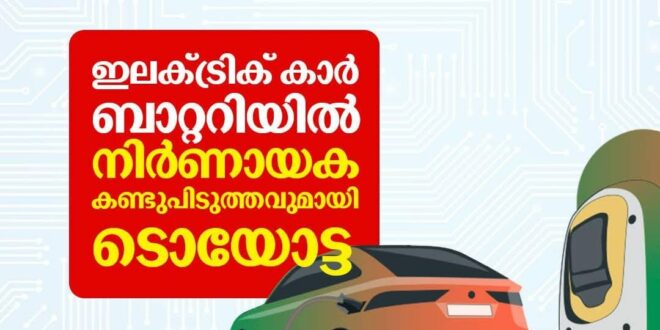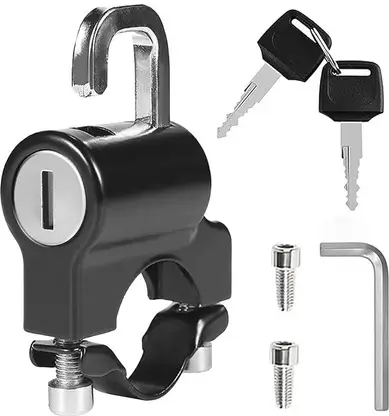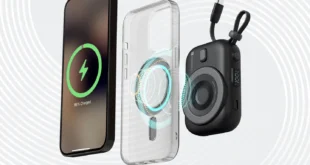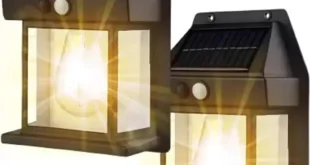Toyota is poised to revolutionize the electric vehicle (EV) industry with its groundbreaking development of solid-state battery technology. This innovation promises an impressive range of approximately 1,200 kilometers (745 miles) on a single charge, coupled with a rapid 10-minute charging time. Such advancements address two of the most significant challenges in the EV market: limited driving range and lengthy charging durations.
Central to this development is Toyota’s collaboration with Idemitsu Kosan, Japan’s second-largest oil refiner. Idemitsu plans to construct a large-scale lithium sulphide plant at its Chiba refinery, specifically to support the production of all-solid-state batteries. This facility, expected to be operational by June 2027, will produce enough lithium sulphide annually to power between 50,000 and 60,000 EVs. The partnership underscores Toyota’s commitment to ensuring a stable supply chain for the essential materials required in next-generation battery production.
The advantages of solid-state batteries over traditional lithium-ion counterparts are substantial. They offer higher energy density, which translates to extended driving ranges, and significantly reduced charging times. Moreover, solid-state batteries are generally safer, as they eliminate the flammable liquid electrolyte found in conventional batteries, thereby reducing the risk of fires. These benefits position solid-state technology as a potential game-changer in the EV sector.
Toyota’s strategic roadmap includes the introduction of high-performance lithium-ion batteries in its next-generation EVs by 2026. These batteries are expected to deliver around 1,000 kilometers (620 miles) of range. Following this, the company aims to launch vehicles equipped with solid-state batteries between 2027 and 2028. This phased approach allows Toyota to progressively enhance its EV offerings, providing consumers with vehicles that meet evolving expectations for performance and convenience.
While these developments are promising, Toyota acknowledges the challenges ahead, particularly in scaling production and reducing costs to make solid-state batteries commercially viable. The company’s proactive investments and collaborations, such as the partnership with Idemitsu Kosan, reflect a comprehensive strategy to overcome these hurdles. As the automotive industry continues to shift towards electrification, Toyota’s innovations are poised to play a pivotal role in shaping the future of sustainable transportation.
 SEOKOK Mobile Tips & Tricks
SEOKOK Mobile Tips & Tricks








